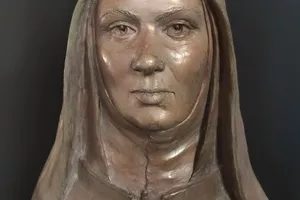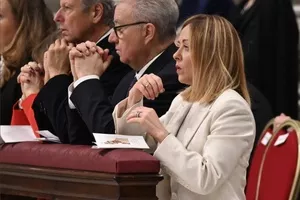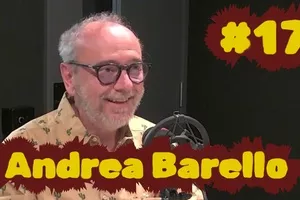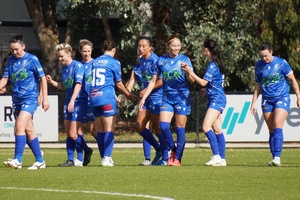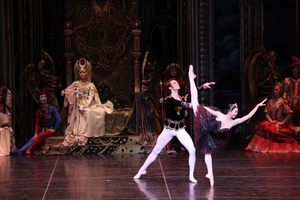With the passing of lawyer Nicola Papallo, the Italian community in Sydney loses an influential figure who in his life and career represented, beyond all rhetoric, an important piece of Italian immigration history in this country.
Proudly born in Martone, in the province of Reggio Calabria, in January 1938, Papallo, like many Italians at the time, arrived in Australia by ship when he was 11 years old.
Although initially disadvantaged by his more-than-limited knowledge of English, he received help in disentangling himself with the new language by the Christian Brothers when he attended St. Charles Catholic Primary School.
He later attended Waverley College and graduated with excellent results, before enrolling in the Faculty of Law at Sydney University. In 1964 he graduated with honours and with admission to the bar. Papallo opened his first practice in the city centre on March 12, 1965. “I’ve always wanted to be in this profession, ever since I was a kid,” he recalled on the occasion of the firm’s 50th anniversary.
Within a year of achieving his goal of opening his own firm, Papallo opened two more offices. One day, among the many early clients, appeared a beautiful girl of Venetian origin. It was Silvana, the woman who became his wife and who made him the father of two sons, Mark and David (who would follow in his footsteps and both become lawyers themselves).
From there on, the “Italian lawyer,” as he was called, assisted dozens and dozens of families, from fathers to sons to grandsons, becoming a constant presence across generations.
Hand in hand with the development of his legal work came an increasingly deep involvement in Sydney’s Italian community. In 1968 he was among the founders and president of the organisation now known as Scalabrini Village, who provide care for the elderly in delicate health conditions. His abilities did not escape the eye of Italian diplomatic authorities, who awarded him the honour of Cavaliere della Repubblica Italiana.
Proud of his Calabrian origins, and despite an initial reluctance to add yet another association to his already swamped social life, Papallo obliged the appeals of his fellow villagers and founded the Associazione San Giorgio Martire, in honour of Martone’s patron saint. Papallo was president of the association for many years.
Already an excellent tennis player, sports entered his life in an administrative capacity when in the 1970s he became president of the Apia Club, whose football team during his presidency (until 1990) experienced one of its most successful periods.
A member of the organising committee for the 2000 Sydney Olympics, with the honour of being among the Olympic flashlight relay runners, Papallo was awarded the Order of Australia Medal in the same year.
In the meantime, he was appointed Commendatore of the Italian Republic, and then together with other Italian lawyers or lawyers of Italian origin, became a member of the Australian/Italian Lawyers Association. His involvement in the social and political fabric of Australia became increasingly relevant. Always endowed with a keen interest in politics, in 2002 the then premier of New South Wales Bob Carr entrusted him with the honorary role of commercial attaché to the state government, and with the same premier he organised several official visits to Italy and overseas to forge important trade and investment agreements.
Interested in politics, but more in the person than the party, he always helped those in whom he glimpsed the right characteristics to realise their ambitions. Labor’s Morris Lemma, the star of a brilliant career that saw him rise all the way to the state premier’s chair, is one such example. The Liberal Party’s Connie Fierravanti-Wells, a lawyer like Papallo himself and a former member of the federal senate, was another.
“What I do is more than a job for me, it’s a reason for living,” he explained, assuring that he would continue to take care of his clientele as he had done from the moment he began his career as a lawyer as long as he could.
Inevitably “forced” to slow down his business, Nicola Papallo repeated like a mantra that “the enthusiasm and desire to help my compatriots or anyone else who comes knocking on my office door is always the same.” The same as that early autumn morning in 1965, when he went to Angel Place near Sydney’s central Pitt Street, to open the doors of his office for the first time in fervent anticipation of his first “real” client.

















